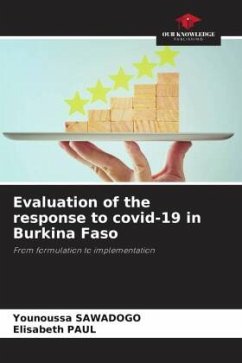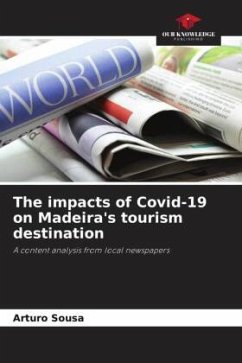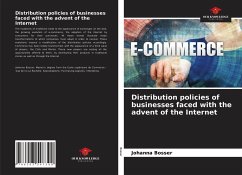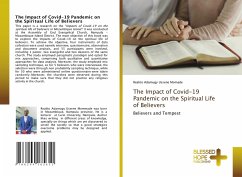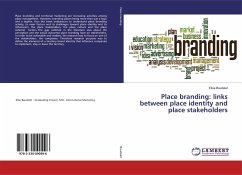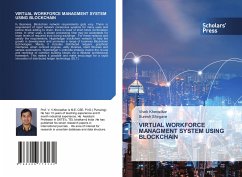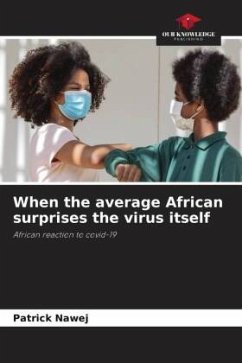
Policies implemented before COVID-19 and the level of consensus
Case Study: Municipality of La Costa, Buenos Aires
Versandkostenfrei!
Versandfertig in 6-10 Tagen
41,99 €
inkl. MwSt.

PAYBACK Punkte
21 °P sammeln!
COVID-19 is a virus that emerged at the end of 2019 in China and spread to all continents, affecting the world's population and becoming a pandemic. Consequently, each country acted independently to mitigate its effects. The Argentine government, through the Decree of Necessity and Urgency (DNU) 297/2020 of March 20th, decreed the Social, Preventive and Obligatory Isolation (ASPO) at national level. In this sense, tourism was one of the most affected sectors, so that, to alleviate the negative effects on it, the State intervened with various policies and programs. In this paper the sectoral po...
COVID-19 is a virus that emerged at the end of 2019 in China and spread to all continents, affecting the world's population and becoming a pandemic. Consequently, each country acted independently to mitigate its effects. The Argentine government, through the Decree of Necessity and Urgency (DNU) 297/2020 of March 20th, decreed the Social, Preventive and Obligatory Isolation (ASPO) at national level. In this sense, tourism was one of the most affected sectors, so that, to alleviate the negative effects on it, the State intervened with various policies and programs. In this paper the sectoral policies diagrammed at the municipal level between the months of March and May 2020 (inclusive), that is, the two months after the aforementioned DNU (early assistance period) were exposed.the Partido de La Costa (province of Buenos Aires) was taken as a case study, because it is one of the main tourist destinations in the country as it receives a large number of visitors year after year.





